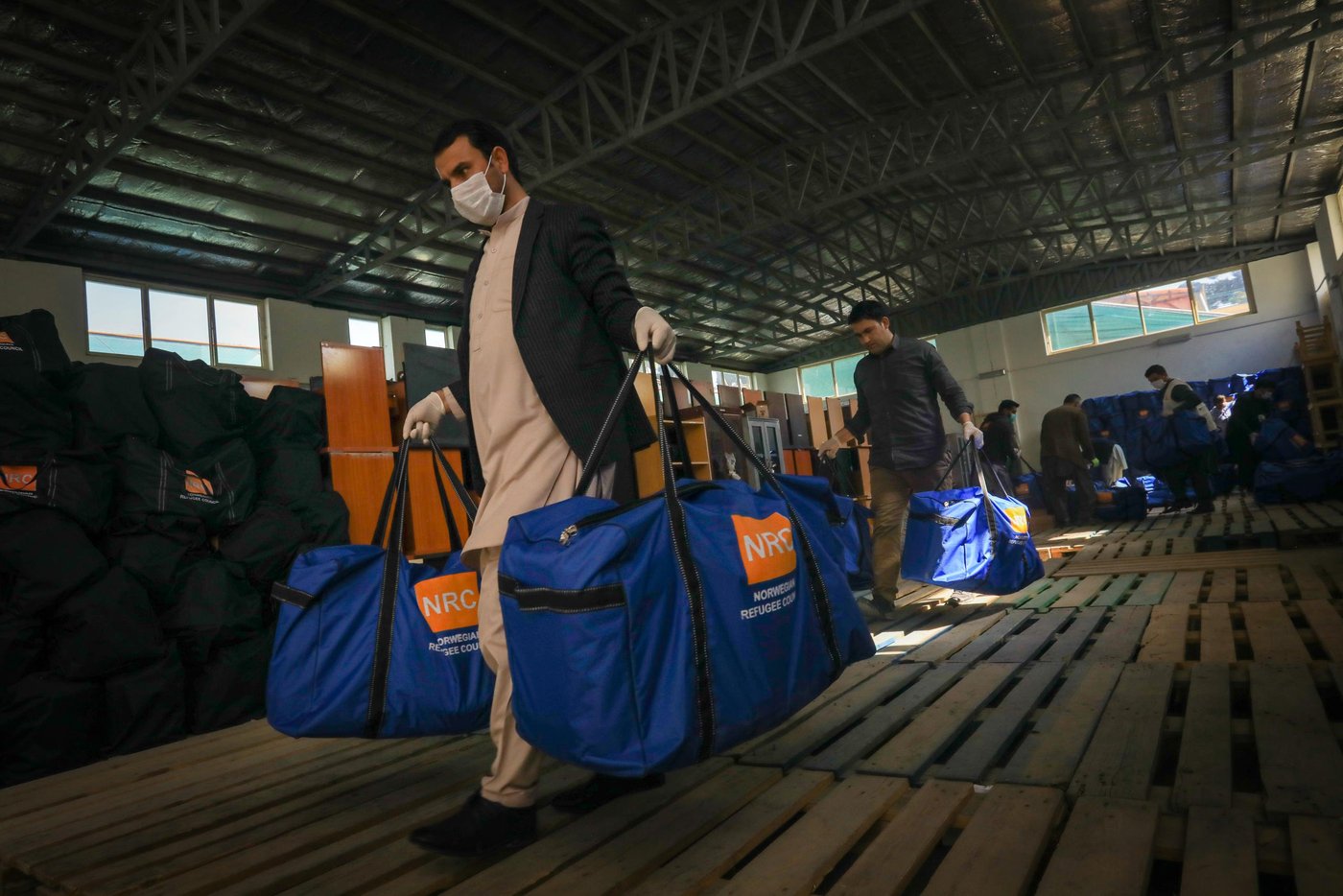We are working around the clock to protect the world’s most vulnerable against the devastating coronavirus. But the wider consequences of this pandemic are becoming increasingly clear, and more funding is urgently needed to protect and assist these people.
It is crucial that the world uses its financial resources to protect displaced people. Solidarity should not stop at our borders. This week, our Secretary General, Jan Egeland, said:
“Hundreds of billions of dollars and euros have been raised to rescue economies in industrialised nations. Yet two months into the pandemic we are still scraping the barrel for additional resources to help the world’s most vulnerable people.”
Emergency appeal
This why we are appealing for USD 100 million from our donors and partners, as part of the UN’s Global Humanitarian Response Plan. The money will enable us to provide life-saving protection and assistance to 4.5 million people, across 33 countries, during this pandemic in 2020. In particular, we will:
- Reduce the spread and health impact of Covid-19
- Help those most affected by containment measures meet basic needs such as food and education
- Prevent violence, abuse and discrimination related to the pandemic
There is no time to waste. We need to respond now – not only to the immediate public health emergency but also to the pandemic’s secondary impact on people’s basic needs and rights.
Read more about the NRC Covid-19 Appeal
10 ways coronavirus threatens the most vulnerable


